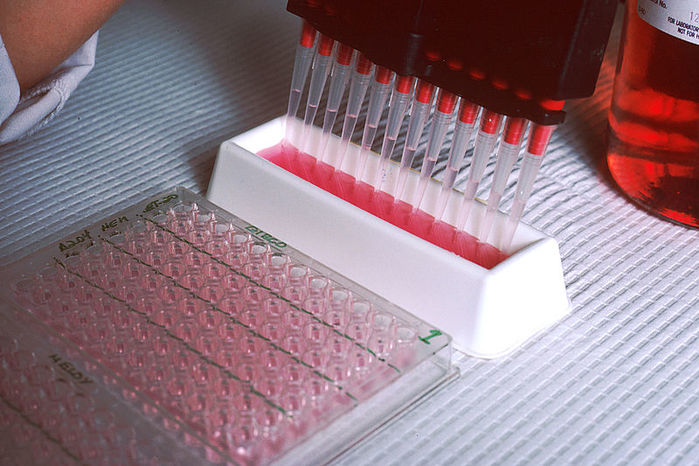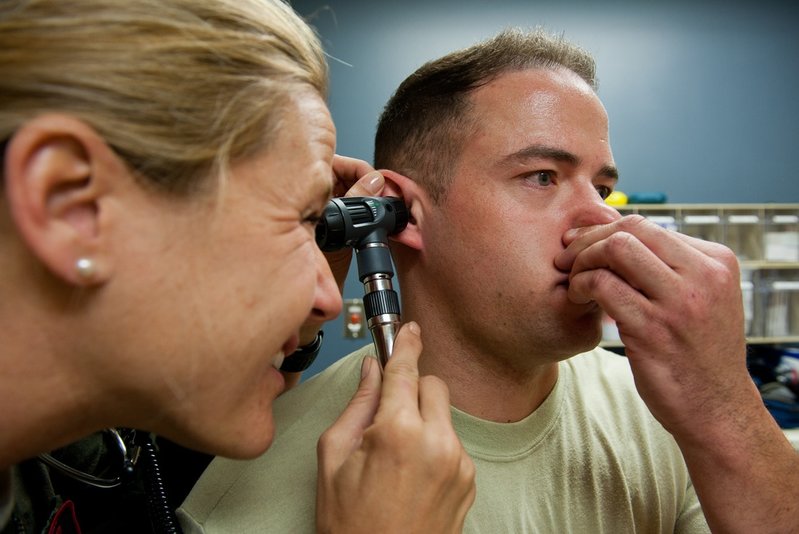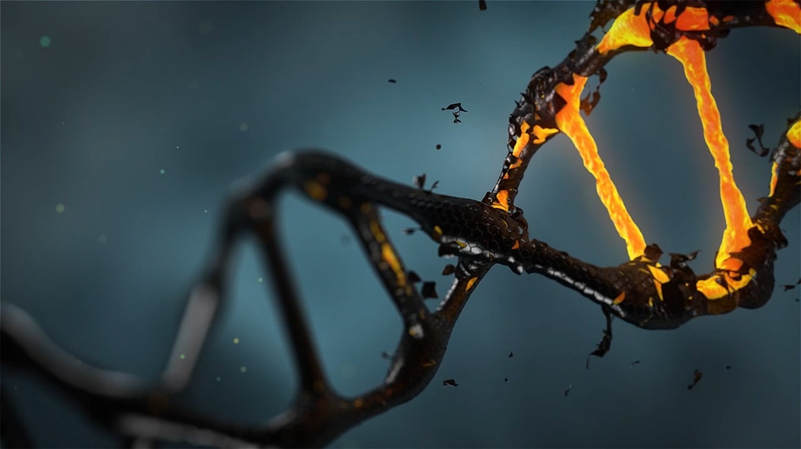Immunotherapy: A Solution to Liver Cancer
Liver cancer is one of the deadliest cancers that has demanded an urgent solution. With a survival rate of less than 16%, it affects about 748,300 new patients and claims 695,900 deaths per year. . Its most common form is hepatocellular carcinoma (HCC), which stems from chronic liver diseases caused by hepatitis C and B viruses, obesity, alcoholic steatohepatitis, and diabetes.
HCC and other liver cancers involve cirrhosis, which is liver malfunction due to long term damage. This involves the damaging of genetic information within cells, causing mutations that lead to cancer. Within HCC patients, T cells, an immune system cell, produce tumor-specific immune responses such as alpha-fetoprotein and GPC3, but these mechanisms have failed to reduce tumor growth or inhibit disease progression. Current treatments for liver cancer include surgical tumour removal, chemotherapy, radiation therapy, and specialized drug therapy, but they fail for many HCC patients, especially those in later stages of the disease. Due to the lack of treatments for HCC, scientists and physicians have explored other treatment methods. Scientists have suggested that the lack of effective treatment stems from the multiple immunosuppressive mechanisms caused by the tumor itself. Therefore, researchers have explored immunotherapy as a treatment method that supports the immune response within HCC patients.
Immunotherapy is a form of treatment of diseases such as cancer by suppressing an immune response. It can either enhance or deactivate the immune system to prevent specific functions from occurring. From clinical trials from 2000 to 2014, immunotherapy has been found to successfully and safely produce antitumor responses within HCC patients. When treated with immunotherapy, patients with liver cirrhosis showed less severe symptoms than when treated with chemotherapy alone. There are many approaches to immunotherapy; one of which is cytokine therapy. This involves interferon (IFN), a signaling protein created and released by host cells in the presence of viruses, bacteria, and tumour cells. IFN has been used to treat viral hepatitis by inducing an antitumor response that produces more white blood cells. It also blocks angiogenesis, which is the formation of new blood vessels from existing ones. IFN has shown to be effective on HCC patients by slowing down or preventing the formation of tumours after surgical removal, lengthening patients’ survival rates.
HCC and other liver cancers involve cirrhosis, which is liver malfunction due to long term damage. This involves the damaging of genetic information within cells, causing mutations that lead to cancer. Within HCC patients, T cells, an immune system cell, produce tumor-specific immune responses such as alpha-fetoprotein and GPC3, but these mechanisms have failed to reduce tumor growth or inhibit disease progression. Current treatments for liver cancer include surgical tumour removal, chemotherapy, radiation therapy, and specialized drug therapy, but they fail for many HCC patients, especially those in later stages of the disease. Due to the lack of treatments for HCC, scientists and physicians have explored other treatment methods. Scientists have suggested that the lack of effective treatment stems from the multiple immunosuppressive mechanisms caused by the tumor itself. Therefore, researchers have explored immunotherapy as a treatment method that supports the immune response within HCC patients.
Immunotherapy is a form of treatment of diseases such as cancer by suppressing an immune response. It can either enhance or deactivate the immune system to prevent specific functions from occurring. From clinical trials from 2000 to 2014, immunotherapy has been found to successfully and safely produce antitumor responses within HCC patients. When treated with immunotherapy, patients with liver cirrhosis showed less severe symptoms than when treated with chemotherapy alone. There are many approaches to immunotherapy; one of which is cytokine therapy. This involves interferon (IFN), a signaling protein created and released by host cells in the presence of viruses, bacteria, and tumour cells. IFN has been used to treat viral hepatitis by inducing an antitumor response that produces more white blood cells. It also blocks angiogenesis, which is the formation of new blood vessels from existing ones. IFN has shown to be effective on HCC patients by slowing down or preventing the formation of tumours after surgical removal, lengthening patients’ survival rates.
Image Source: National Cancer Institute
Three types of immunotherapy are currently used: monoclonal antibodies, immune checkpoint inhibitors, and cancer vaccines. Monoclonal antibodies are artificially created proteins that attack a particular cancer cell. Immune checkpoint inhibitor drugs allow one’s immune system to recognize cancer cells more accurately. They block specific proteins made by T cells, an interaction that “releases the brakes” of the immune system, allowing T cells to kill cancer cells more efficiently. Lastly, cancer vaccines initiate an immune response to treat and prevent certain cancers.
Clinical studies of over 495 patients have shown that drug pembrolizumab is effective in treating non-small cancer tumor growth. Pembrolizumab is an antibody specific to a protein expressed by PD -1 immune cells, allowing T cells to identify and target the cancer cells properly. 19% of the patients had significantly reduced tumor size, and less than 10% of patients had serious side effects.
Although such treatment is still being developed, studies have shown immunotherapy to be a promising treatment for HCC patients. Further research hopefully can explore pairing it with chemotherapy or radiation therapy to yield even more promising results.
Clinical studies of over 495 patients have shown that drug pembrolizumab is effective in treating non-small cancer tumor growth. Pembrolizumab is an antibody specific to a protein expressed by PD -1 immune cells, allowing T cells to identify and target the cancer cells properly. 19% of the patients had significantly reduced tumor size, and less than 10% of patients had serious side effects.
Although such treatment is still being developed, studies have shown immunotherapy to be a promising treatment for HCC patients. Further research hopefully can explore pairing it with chemotherapy or radiation therapy to yield even more promising results.
Featured Image Source: PDPics
RELATED ARTICLES
|
Vertical Divider
|
Vertical Divider
|
Vertical Divider
|






